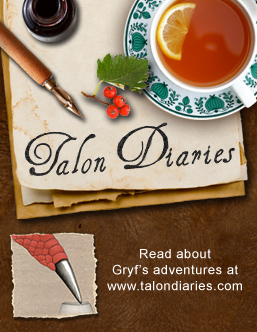Through the Looking Glass Children's Book Reviews
If You Traveled West In A Covered Wagon
Illustrator: Elroy Freem
Nonfiction Picture Book
For ages 7 to 9
Scholastic, 1992 ISBN: 0590451588
In the 1840’s, Oregon Territory was not yet part of the United States. Both the U.S. government and the British government were interested in claiming the land as their own, and both countries had built forts in the territory where furs were bought from trappers and Native Americans.
To solve the problem of which country would claim the land as its own, it was decided that the country who could “get more of its people living in the new land” would claim the territory. Eager to be able to include the Oregon Territory to its land holdings, the U.S. government encouraged citizens to move west. People heard stories about how Oregon was a “magical place” where the land was free and good for farming.
After hearing these stories, many people sold off much of their belongings, packed up what they really needed into a covered wagon, and began the long journey west. Some of the wagon trains had trail guides who had made the journey before. These guides had some idea of what to expect, but they could not prevent the wagons from getting stuck in the mud or from getting washed away during river crossings. Nor could the guides protect the travelers from sickness. No matter how well the pioneers planned, their journey west was always a long and potentially dangerous one.
Presented in the form of questions and answers, this If you…title will help young readers to better understand why people emigrated to Oregon, and what it was like for them to make the journey. Among other things, readers will learn about what the pioneers took with them, what they wore, and what they ate. They will read about the daily chores that the travelers had to do, and the challenges that they had to face.
Using the kinds of questions that children will be interested in, Ellen Levine shows young readers that history can be fascinating, and that knowing about our past helps us to understand our present.




